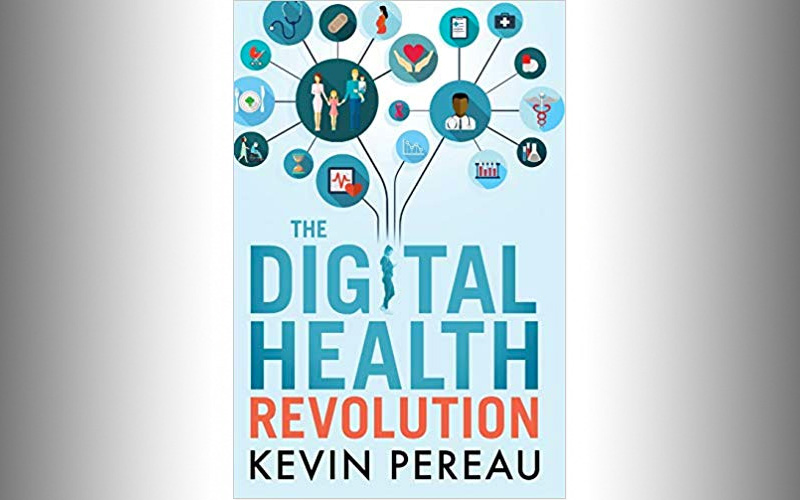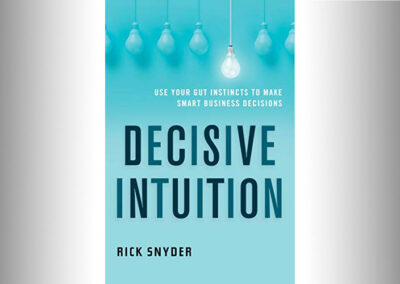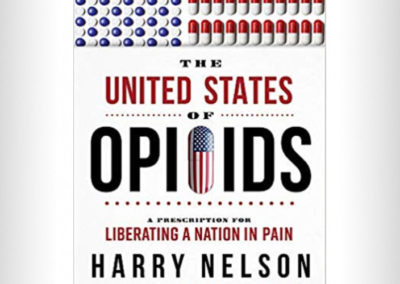
“The Digital Health Revolution” by Kevin Pereau
Review by Ricky Fishman, DC
In The Digital Health Revolution, Kevin Pereau describes a new world of medicine: a digitized world. He takes us from electronic health records (EHRs) to new self-monitoring devices that provide continuous feedback about blood pressure, heart rate, and how many steps we take each day.
Knowing the number and type of calories we have taken in, how active we have been (or not), and our blood sugar levels, can be very helpful. This information provides a pathway to prevention, and often reversal, of many of the chronic diseases that plague us today. Eighty per cent of all illnesses we suffer from fall into this category.
Pereau, through his interviews with company executives who occupy this emergent space, describes how digital devices and platforms are helping to gather information, and–through the use of algorithms, artificial intelligence and machine learning–make instantaneous recommendations to patients. This information can be shared with one’s providers so that, working together, a data-based and sensible health program can be designed.
The book describes the evolution of digital medicine through its short history; Digital Health 1.0 (2012-15): The tech world realized that people would readily engage with others, and share their data. As a result, thousands of apps were developed to capture the information about the minds and bodies of consumers. Digital Health 2.0 (2015-18): With a tracking device for everything, Big Data steps in to analyze and predict outcomes. Digital Health 3.0 (2018-present): This is the era of “connected health.” We, as medical consumers, have access to our data. We are now able to help coordinate our care by sharing this information with our providers, enabling us to manage better outcomes.
The traditional patient-doctor relationship has been one of unequal power. The patient presents to her doctor with the expectation that the doctor will recommend tests and medications based upon the results.
We are now in a different world. Digital medicine will democratize our care, making us less dependent on the sole expertise of “doctor’s orders.” Instead, we can monitor ourselves and make ongoing adjustments through diet and exercise, reducing the need for medication and preventing the onset of chronic disease. We can share the data with our physicians and create a partnership for health, rather than one of disempowering dependency.
Of course, there will always be a need for high tech medicine; for powerful drugs, and sophisticated surgical techniques. Thank heavens for these miracles of modern science. But digital medicine promotes individual health and healing; proactive rather than reactive healing.
Still, with this digital revolution upon us, one of the chief concerns for most people today is privacy: How will my data be used, both by insurance companies calculating my premium rates, for employment purposes or as just one more strategy to sell me stuff online? These fears have been exacerbated by the frequent, large-scale industrial database hacks we have seen. But when the question of privacy was placed before several executives, their responses were not reassuring. Most seemed to brush off the issue as a minor nuisance.
While there are certainly some perils, the positive contributions of digital medicine far out-weigh them. These include improved access to care through telemedicine, personalized pharmaceuticals based upon a patient’s blood markers, and nutritional and exercise recommendations consistent with lab results.
One element of the book I found disappointing was the lack of voices from actual care givers. As one of those providers, I am sensitive to having my perspective represented…or not. As a practitioner for over 30 years, I have ridden the wave, from the easy-to-manage private practice of the 1980s, to the introduction of managed care. Though this change was necessary, it has gone on to squeeze providers ever more tightly– increasing our administrative load with mandatory EHRs and continuously reduced reimbursements.
I wish that I, or my colleagues, had been included in the text. We would have described what this new digital landscape means to us: rates of doctor burnout have soared, in large measure due to un-reimbursed paperwork. This reduces our time with patients, thus compromising quality of care.
These few criticisms aside, “The Digital Health Revolution,” is an important contribution to the understanding of this powerful new movement in medicine.
Copyright 2019 Ricky Fishman
Listen to the Health Grooves interview with Kevin Pereau
Dr. Ricky Fishman has been a San Francisco based chiropractor since 1986. In addition to the treatment of back pain and other musculoskeletal injuries, he works as a consultant in the field of health and wellness with companies dedicated to re-visioning health care for the 21st century.











